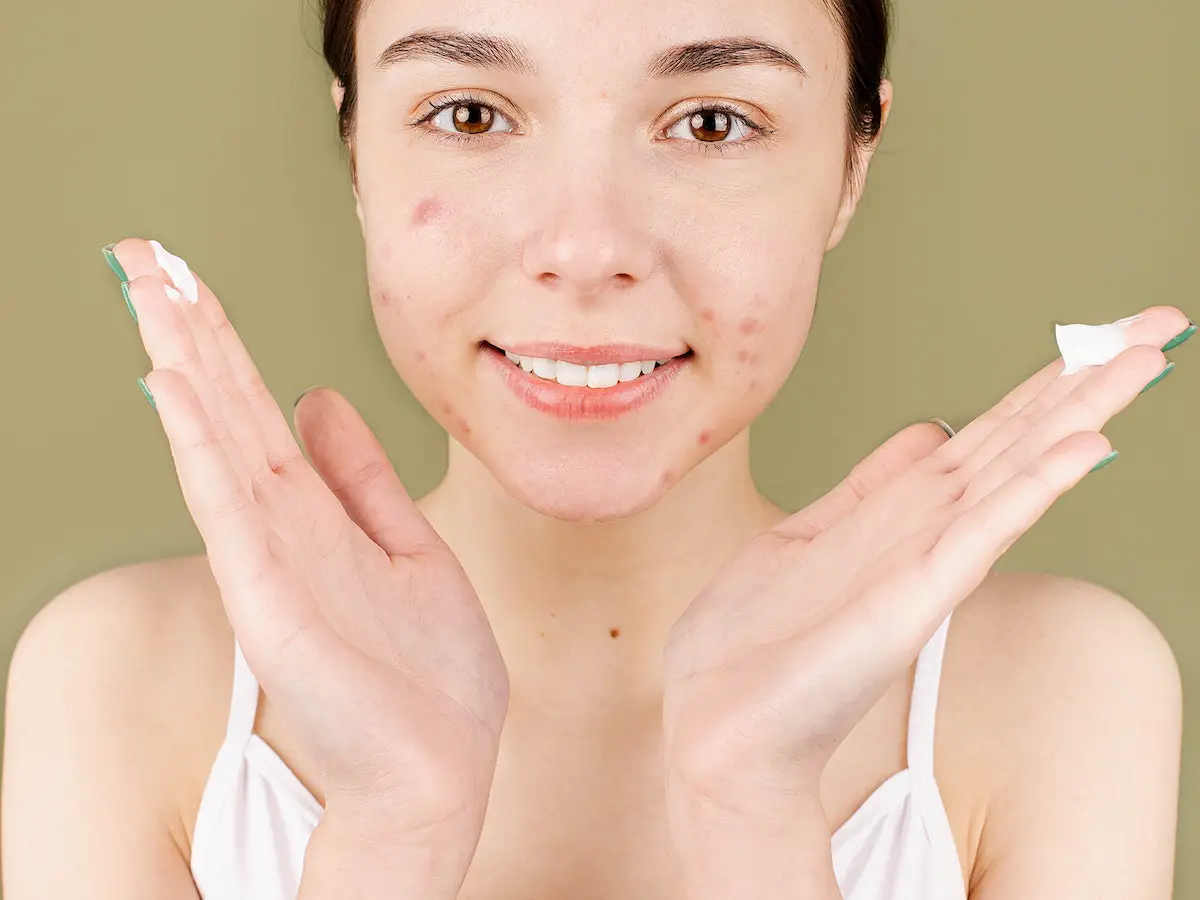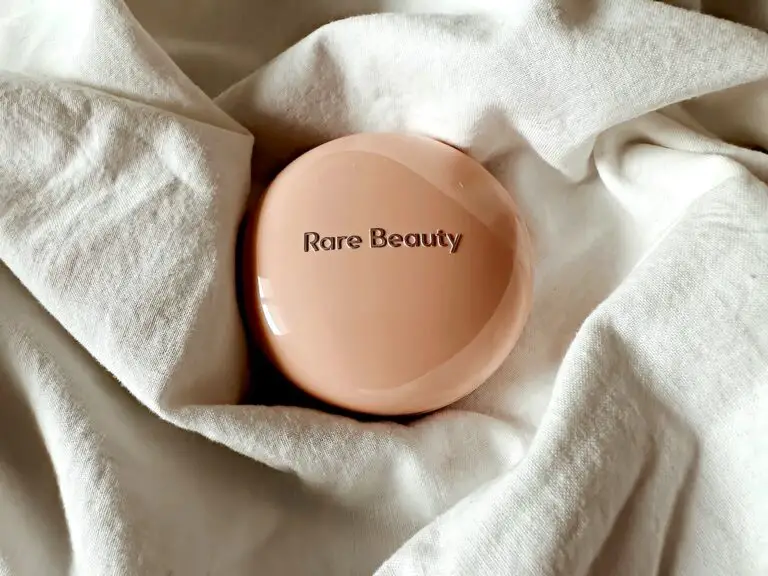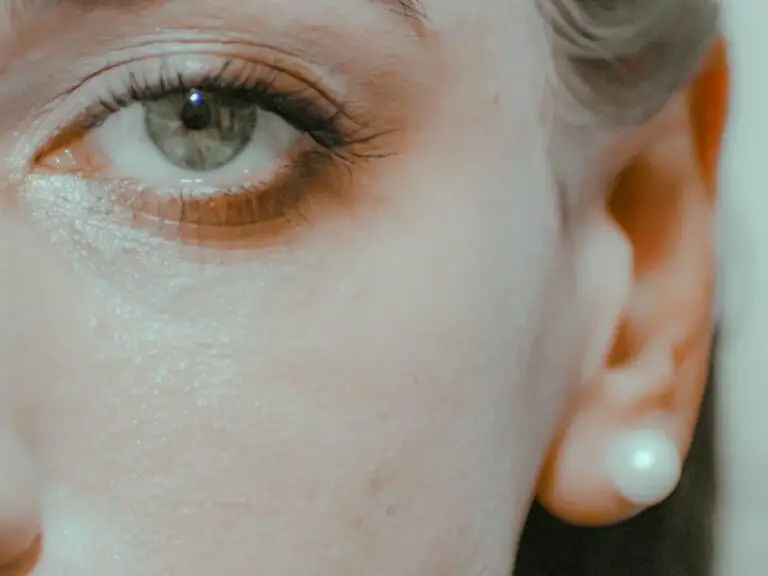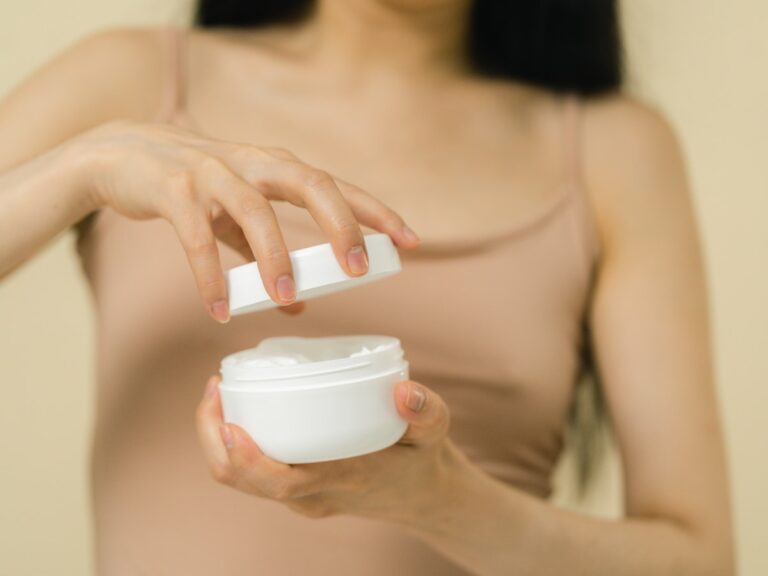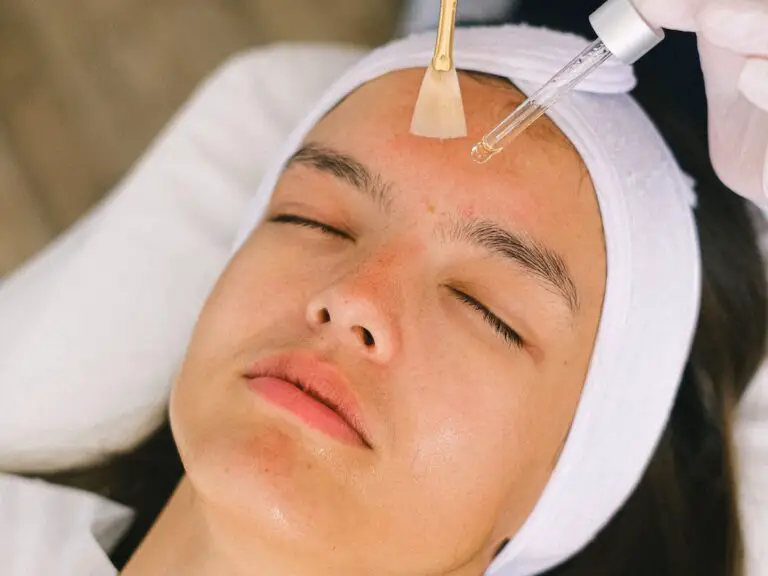From Breakouts to Breakthroughs: Does Nivea Cream Help with Acne?
Medically Reviewed by;
Dr. Kashif
General Physician
Senior Medical Writer
Are you sick of dealing with acne that just won’t go away? If so, you’re not alone. Acne can be annoying and hurt your self-esteem. It affects millions of people all over the world. Even though many goods on the market claim to be the best way to get clear skin, Nivea Cream has gotten a lot of attention. People often wonder if Nivea Cream, known for keeping skin wet, can help with acne. In this piece, we’ll talk about the science behind acne and see if Nivea Cream works to eliminate pimples. Find out if the claims are true and if Nivea Cream is the key to your acne breakthrough.
Table of Contents
Understanding acne and its causes
Acne is a common skin condition caused by oil build-up and dead skin cells in the hair follicles. This causes the skin to break out into pimples. It can be zits, blackheads, whiteheads, and even cysts. Although the exact cause of acne is unknown, experts have identified a number of risk factors that can contribute to its development. Acne is thought to be caused by a number of factors, including fluctuations in hormone levels, an overabundance of oil production, bacteria, and inflammation.
Common acne treatments
Acne can be treated with a wide variety of medications, both available without a prescription and requiring one. Oral drugs and topical creams, gels, and cleansers are included in this category. Benzoyl peroxide, salicylic acid, retinoids, and antibiotics are some active chemicals most frequently found in acne treatment solutions. Although these therapies have the potential to reduce the symptoms of acne, the degree to which they are successful in doing so differs from person to person. Finding the appropriate solution often requires trial and error because what works for one person might not work for another.
Nivea Cream ingredients and their potential benefits
Nivea Cream is a well-known skincare product renowned for its hydrating and nourishing effects on the skin. Even though it is not designed expressly as an acne treatment, there is a possibility that some of its components could be beneficial for skin that is prone to acne. Glycerine, lanolin, and panthenol are some of the skin-soothing elements found in the cream. These components are believed to help keep the skin hydrated. In addition, Nivea Cream is non-comedogenic, which means it does not have the potential to produce clogged pores or breakouts on the skin.
Research studies on Nivea Cream for acne
Even though Nivea Cream is used by many people, not nearly enough study has been done in a scientific setting to say whether or not it helps clear up acne. Most of the study that has been done on Nivea Cream has been about how well it prevents signs of aging and moisture loss, not how well it fights acne. Because of this, you should be careful about what people say about Nivea Cream and acne since there aren’t many studies to back up these claims. So, it is important to look at the claims.
User testimonials on Nivea Cream for acne
Although there may not be a lot of evidence from scientific research, there are a lot of anecdotal accounts and user testimonials on the effectiveness of Nivea Cream for acne that you can find online. Some believe using Nivea Cream helps improve their acne by lowering inflammation, calming redness, and supplying the skin with more moisture. On the other hand, it is essential to remember that individual experiences might differ and that what is successful for one person might not be successful for another.
Tips for using Nivea Cream for acne
You can do a few things to get the most out of your Nivea Cream treatment for acne if you decide to include it in your beauty routine. To begin, make sure that your face is completely clean before you apply the cream. This will allow the cream to absorb more effectively into the skin. Second, while adding the cream, begin with a tiny amount and gradually add more if more is required. In conclusion, if you want to take a complete approach to dealing with your acne, your physician may suggest using Nivea Cream as a moisturizer with one or more of the other acne treatments.
Potential side effects when using Nivea Cream for acne
Even though it is believed that Nivea Cream is safe for most people, it is crucial to be informed of any potential bad effects and take all necessary precautions before using the product. Even though Nivea Cream is assumed to be safe for most people because it contains such a wide array of ingredients, the cream can potentially irritate some people’s skin or trigger allergic responses in others. Always perform a “patch test” on a small portion of your skin before using a product on your entire face. You can use this method to see if the product will cause unwanted reactions on your skin. Suppose you notice the product is causing any response on your skin. In that case, you should stop using it immediately and make an appointment with a dermatologist.
Other skincare products that complement Nivea Cream
Although Nivea Cream may have some potential advantages, it is crucial to remember that a holistic strategy for acne management is frequently required to achieve the best results. Consider combining other skincare products and routines into your regimen and utilizing Nivea Cream. These products and routines should address acne-causing factors such as excess oil production, irritation, and germs. Scrubs that exfoliate, cleansers that contain salicylic acid or benzoyl peroxide, and spot treatments are some of the handy additions you may make to your arsenal of skincare products.
Conclusion
In conclusion, the efficacy of Nivea Cream in treating acne is still largely anecdotal, with limited scientific evidence to support its use specifically for acne management. While some individuals may experience positive results with Nivea Cream, It is essential to remember that everyone’s skin is different and that products that work well for one person might not work well for another. If you are struggling with acne, it is recommended to consult with a dermatologist who can provide personalized recommendations based on your skin type and condition. Remember, finding the right acne treatment often requires patience, consistency, and a tailored approach to suit your needs.
FAQs
Yes, Nivea Cream can be used on acne-prone skin. However, it is important to note that it may not directly treat acne but provide moisturization and soothing benefits to the skin. For specific acne treatment, it is recommended to consult a dermatologist.
Nivea Cream has a rich texture and may potentially clog pores, especially for individuals with oily or acne-prone skin. Using non-comedogenic products specifically designed for acne-prone skin is advisable to minimize the risk of pore-clogging and breakouts.
Leaving Nivea Cream overnight is a personal choice. However, it is important to note that Nivea Cream is a rich moisturizer that may be too heavy for some skin types, potentially leading to clogged pores and breakouts. Using lighter, non-comedogenic products specifically formulated for acne-prone skin is recommended for better results.
Nivea Cream may not be suitable for oily skin as it is a heavy and moisturizing product that can potentially exacerbate oiliness and clog pores. Opting for oil-free and non-comedogenic moisturizers specifically formulated for oily skin is recommended to prevent acne breakouts and control shine.
Nivea Cream can be a day and night cream, depending on personal preference and skin needs. However, it is important to note that Nivea Cream is a heavier moisturizer and may feel too greasy for some during the day, especially for those with oily or combination skin. If using it during the day, applying a thin layer or considering using a lighter moisturizer with SPF for sun protection is recommended.

General Physician
Senior Medical Writer
